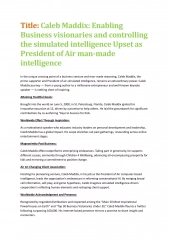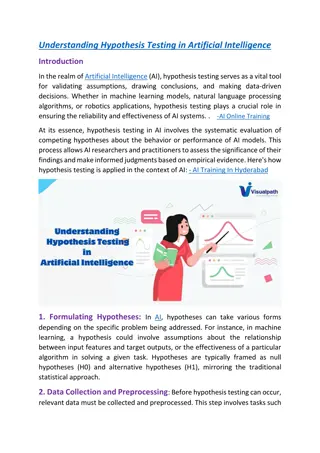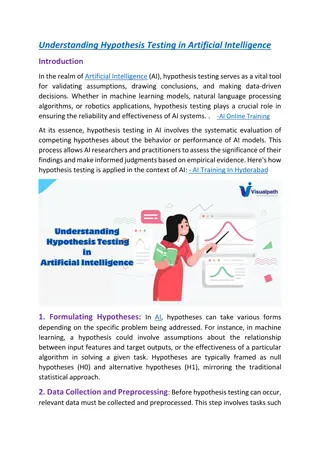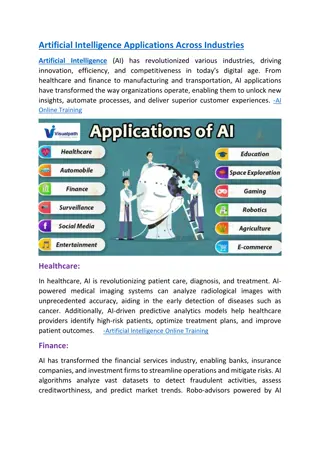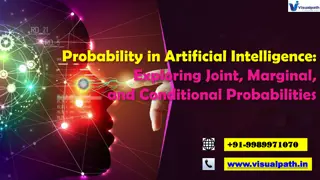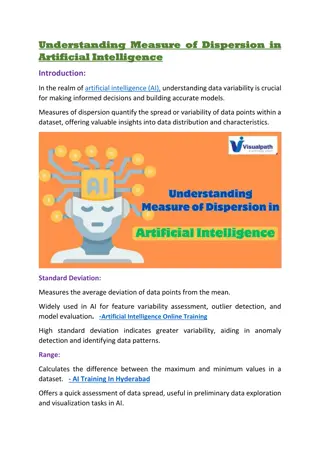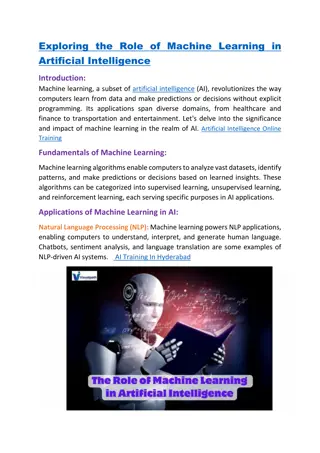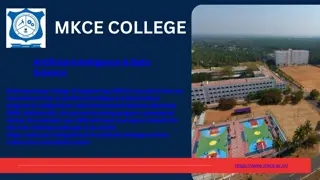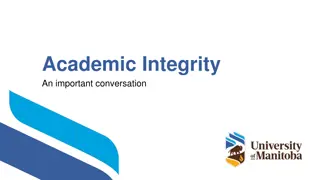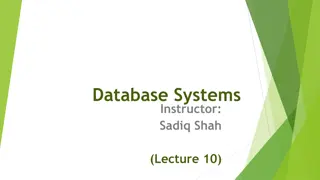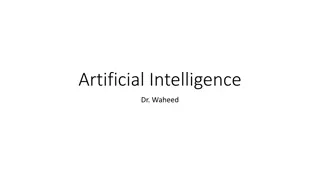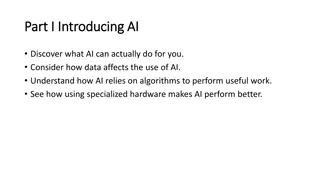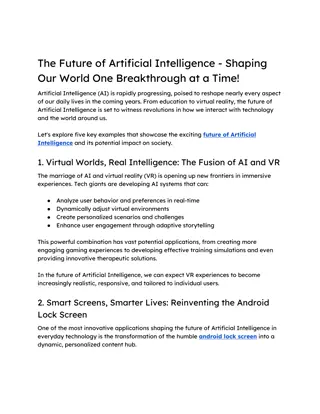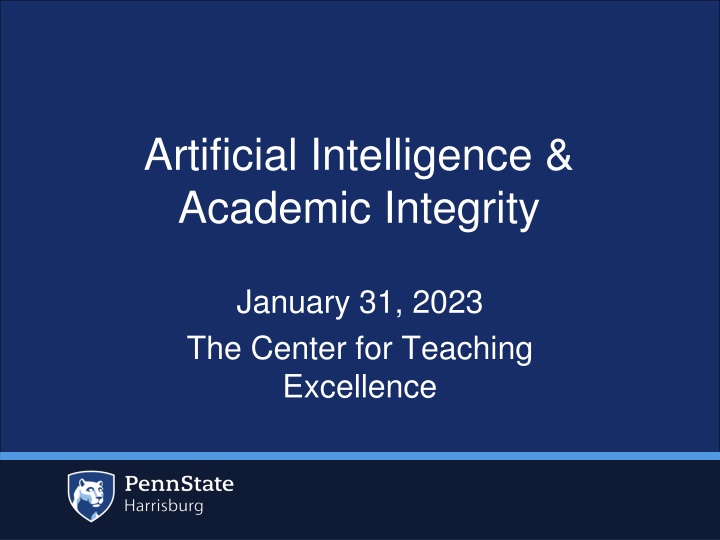
Enhancing Academic Integrity with Artificial Intelligence Tools
Explore the impact of AI tools on academic integrity, discussing concerns, benefits, and strategies to address these tools in courses. Learn about the potential updates to academic integrity policies and the university's approach to incorporating AI tools.
Download Presentation

Please find below an Image/Link to download the presentation.
The content on the website is provided AS IS for your information and personal use only. It may not be sold, licensed, or shared on other websites without obtaining consent from the author. If you encounter any issues during the download, it is possible that the publisher has removed the file from their server.
You are allowed to download the files provided on this website for personal or commercial use, subject to the condition that they are used lawfully. All files are the property of their respective owners.
The content on the website is provided AS IS for your information and personal use only. It may not be sold, licensed, or shared on other websites without obtaining consent from the author.
E N D
Presentation Transcript
Artificial Intelligence & Academic Integrity January 31, 2023 The Center for Teaching Excellence
Objectives Describe and discuss the potential impact of AI tools on courses and Academic Integrity. Summarize the nature of Artificial Intelligence (AI) tools. Discuss communication practices that promote academic integrity. Discuss assessment and assignment strategies that promote academic integrity and strengthen student ownership of learning.
Opening Discussion What have you heard about various artificial intelligence tools? What concerns you about these tools? How might these tools be helpful? How could these tools impact your course, particularly with academic integrity?
University's Approach University-wide committee formed with representation from Harrisburg Expected updates to academic integrity policies by end of 2023 Potential guidance on using AI tools in courses
What Are These AI Tools? Technology tools that imitate capabilities of the human mind, such as problem solving and decision making Examples --> ChatGPT, ChatSonic
Concerns with Using AI Tools Writing completed with internet access can potentially include material written by AI, rather than by the student. Since it is freely available, it may not feel like cheating. If the tool is doing the work, the student isn't developing thinking skills and it becomes challenging to assess understanding and application of content.
What Are The Benefits? Source for ideas Exercises in validating and critiquing information Providing feedback on written work Resolving writer's block Examples to compare and contrast Summarize information / resources Can adjust reading levels For more information, see Resources slide
How Do We Address This Tool in Courses? Communication strategies Assessment & assignment strategies
Communication Strategies Syllabus Why learning in this course matters Explain the value of the assignments as they relate to learning outcomes and post-graduate success. Explain what it means to complete the assignment (and course) with integrity (Masters & Jones, 2021).
Communication Strategies (Cont'd) Syllabus Cont'd Explain disciplinary and institutional ethics related to working with integrity. Can directly address use of artificial intelligence tools in your syllabus. Reiterate these points throughout course and particularly when discussing a new assignment.
Communication Strategies (Cont'd) What other forms of communication are you providing to students? Program description Program outcomes (if there is a statement about ethics) Messaging about capstone projects, thesis/dissertation work Messaging to welcome students to program Communication from advisors
Consider: Why Do We Ask Students To Write? To develop students thinking and communication skills while broadening and/or deepening their understanding of a topic To assess understanding, application, and analysis of the content and communication skills
Assessment Strategies What is the focus or objective of the assessment? What is being measured or evaluated? Have students connecting material to their experience personalize the content Require students to connect content with specific resources or examples from class Structure of assessment consider other formats What other strategies have you integrated?
Strategies: Coding & Math Discuss coding / formulas Have students justify what they used or created Provide written explanations for steps and outcomes Ask to identify errors and analyze errors instead of focusing on one correct response Finding multiple solutions What strategies have you integrated?
Strategies: Projects & Assignments Consider structure of project or writing assignment Importance of scaffolding tasks and components of projects Semester long projects Connecting assignments
What About Detection Tools? Some tools are being developed / have been developed with limited effectiveness. Places focus on policing rather than educating. Diagnostic writing assignment in class in first week or two of semester to identify student voice and writing style.
What About Proctoring Tools? Unless the tool is focused on screen, won t catch use. Unless the tool is watching the student, won t catch if they use a phone or other device. Cost of proctoring tools Equity and privacy issues with proctoring tools
Conclusion More to come on this technology! CTE is available to consult with you on revising assignments, assessments, and courses. https://cte.psu.edu Cte@psu.edu W205/W203 Olmsted
Concluding Activity Please take a few minutes to respond to the following questions: What is something you learned today that you didn't know before? What are your two key takeaways from this session? What will you implement or change in your instruction or course based on what you learned today?
Resources Using AI to enhance teaching and learning Alby, C. & Stachowiak, B. (2023). How artificial intelligence is impacting higher education. Teaching in Higher Ed (Audio podcast). D'Agostino, S. (2023). ChatGPT Advice Academics Can Use Now. Inside Higher Ed. January 17, 2023. Werner, A. (2023). Seven ways that ChatGPT will impact education. The Workshop Teacher podcast with Amanda Write Now. January 6, 2023. Watkins, M. (2022). Guest Post: AI Will Augment, Not Replace. Inside Higher Ed. December 14, 2022
Resources Considerations on the promise and perils of AI-assistance in higher ed Sentient Syllabus Project (2023). How much is too much? Drawing the line on AI-assistance. Blog post, January 16, 2023. McMurtrie, B. (2022). AI and the future of undergraduate writing. The Chronicle of Higher Education. December 13, 2022. McMurtrie, B. (2023). Teaching: Will ChatGPT Change the Way You Teach? The Chronicle of Higher Education. January 5, 2023.
Further Information Masters, C. & Jones, C. (2021). Academic Integrity from the Start. Webinar presented by Penn State ITLD. Schatten, J. (2022). Will Artificial Intelligence Kill College Writing? Chronicle of Higher Education, September 14, 2022. Walsh, S. (2022) 10 Best AI Writers and Content Generators Compared. Search Engine Journal, May 10, 2022.

